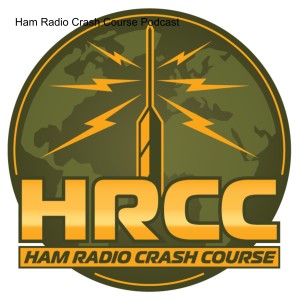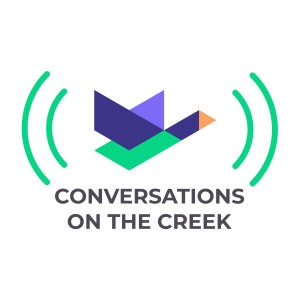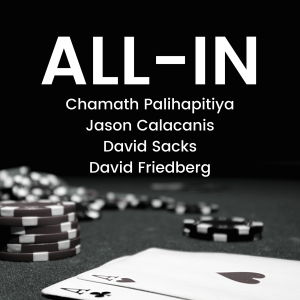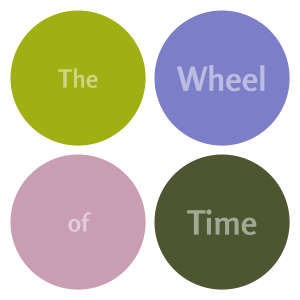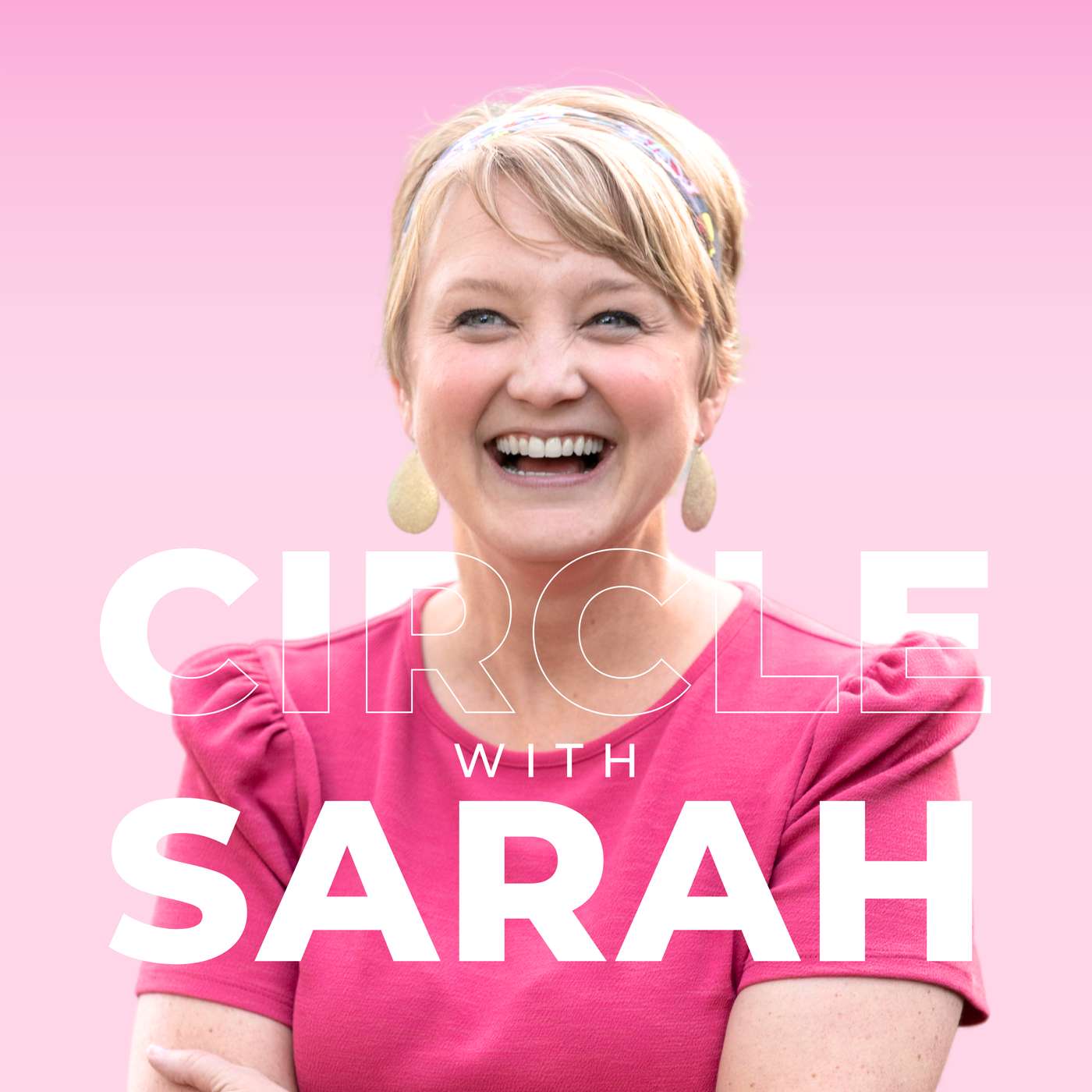

Last week, we talked about why it’s a good idea to pick a last day for your school year instead of deciding that you’re going to finish your school year when you finish the curriculum.
The short version of that podcast is that most homeschoolers don’t actually finish the curriculum and actually shouldn’t finish the curriculum because your kids don’t need every single lesson that’s in every single curriculum that you purchased or is on your shelves.
Our homeschooled kids are very well educated, even though I’ve never met a homeschooling mom who said she got it all right. They’re still doing really well in the world. So deciding that you’re going to wait until you’re done with your curriculum to call your school year quits is a recipe for frustration. It’s a recipe for fizzling out and just feeling frustrated and like a failure at the end of your school year.
Hopefully, you listened to that episode. It’s the most recent one, so if you haven’t yet, just go back and listen to that and pick a last day.
Today, I want to talk about how to feel good about it, because let’s face it, most of us start every school year thinking we actually will get through the whole curriculum. How often have you had the following thought: “next year is going to be the year?”
But unless we’re already very skilled at paring back and doing less, we actually won’t get through everything that we planned. I don’t know any homeschoolers who do. We all think all the other homeschoolers have their acts together and are finishing their curriculum, but no, nobody actually is.
If you start talking to homeschoolers, you’ll discover this is true, and you’ll feel like: “oh, okay, I didn’t realize that I was just normal. I’m not behind.”
Because curriculum isn’t something that works better if you manage to squeeze all the information from the lesson plans into your kid’s head. We’ve talked about this before. Good education is about uncovering, not covering. There’s an episode on that too, so if you haven’t heard me talk about that before–uncovering versus covering–or if you need a refresher, go back eight or ten episodes and look for “Uncovering Vs. Covering.”
Keep in mind the old adage: “a good education is not the filling of the pail, but the lighting of a fire.” Let’s get out our matches, shall we?
Grab your notebook or your journal or open the notes app on your phone, and I’m going to give you a few minutes of music, and you’re going to jot down the date that you picked for your last day. And then you’re going to jot down what you’d like your child to uncover by then.
Let me break this down for you before we start. You don’t want to write lessons, like, “I want my kid to uncover lessons 120 to 145 in math.” That’s not uncovering, that’s actually covering. That’s cramming information into your kid’s head. We’re all guilty of it from time to time. But I think we’re aiming for something a little better here, right?
So we’re going to jot down the goal. And how do we do this? You can ask yourself, what is the goal? If education is more about uncovering than covering, what do I want my child to uncover before our last day? So if you picked June 14th, you can say, what do I want my child to uncover before June 14th?
For math, I might actually just say, I want my kids to uncover something new in math every school day, or to practice their math every school day. I might say, I want my kids to practice their spelling words until June 14th. Or, I want my kids to uncover books and ideas about ancient history and King Tut and the pyramids of Egypt before June 14th.
As soon as we make the goal more about uncovering– not covering or finishing a lesson–we put the real emphasis on learning, on education, instead of putting emphasis on proving that education was done.
The reason we’re tempted to say, my goal is for my kid to do lessons 120 to 145 is because we don’t trust that fact that education is the lighting of a fire. So we just turn on the faucets and start filling up pails. I will feel better if I have proof that my kid did math by checking off lessons 120 to 145, but that’s not real learning. Real education is actually doing math. It’s not finishing and checking it off the list.
And because we’re teaching humans and we’re not teaching books or lesson plans, you don’t know how long your child is going to need to master each of those math lessons. Or maybe when you’re learning about ancient history and King Tut and the pyramids of Egypt, your kid gets super interested in the process of mummification or something, so you find a documentary and some extra books in the library, and they dive deep. That’s real education, not the fact that you just plowed through the lesson, checked it off your list.
We want to focus on real learning, on education, not on proving that education is done, because the only people we have to prove that to is ourselves. So finishing lessons 120 to 145 isn’t exactly an inspiring goal, neither is finishing the ancient history unit, you know? So what? Why?
Well, “why” is because we want to uncover ideas. We want to master and practice ideas in math concepts. We want to uncover ideas in history. That’s why. So let’s be honest with ourselves about it and use a measuring stick that actually matches our real goal. Our real goal is to uncover with our kids.
So what do you want your kids to uncover in their subjects before the date you’ve chosen as the end of your year?
I’m going to start three minutes of music and if you need more, then just pause the podcast after that and keep going. But you’re just going to jot it down quickly. What are the main subjects? You can think through language arts and math, and if you want to do history or science, or maybe you have music or something else in there. Or maybe you want to group it, during morning time, I want to uncover this. In math and reading and writing, I want to uncover this.
Whatever makes sense for your homeschool, for your kids, for your season. What’s the goal? The goal is to uncover.
So make a goal right now. What would you like to uncover with your kids by your last day?
Here’s what I know. If you wrote down goals that were using the language of uncovering, you can accomplish them, no matter which date you’re ending on. If you’re ending next week, if you gave an end date of a week from today, you can uncover it over the next week. Because if you said, I want to uncover ideas about ancient history and King Tut and the pyramids over the next week, you can do that, because uncovering isn’t about cramming a certain amount of information into our kids’ heads.
Or practicing math every school day until the end of the school year, which is in June or next week, you can do that. You can accomplish that. If you’re ending your school year next month, you also can uncover and meet those goals.
The good things happen as we’re uncovering, as we’re reading and discussing and learning, not when we finish. And then we can say we’re done, but not because we finished learning everything about that topic. You’re not done learning about ancient history because you’ve got it all in and now you never have to teach or learn about ancient history again, right? But because there’s a time and a place for everything.
And whatever day you’ve chosen as your last day, the next day is a time for rest and popsicles and lazy afternoons in the hammock or late nights gazing at the stars or tha...
More Episodes
All Episodes>>Create Your Podcast In Minutes
- Full-featured podcast site
- Unlimited storage and bandwidth
- Comprehensive podcast stats
- Distribute to Apple Podcasts, Spotify, and more
- Make money with your podcast

